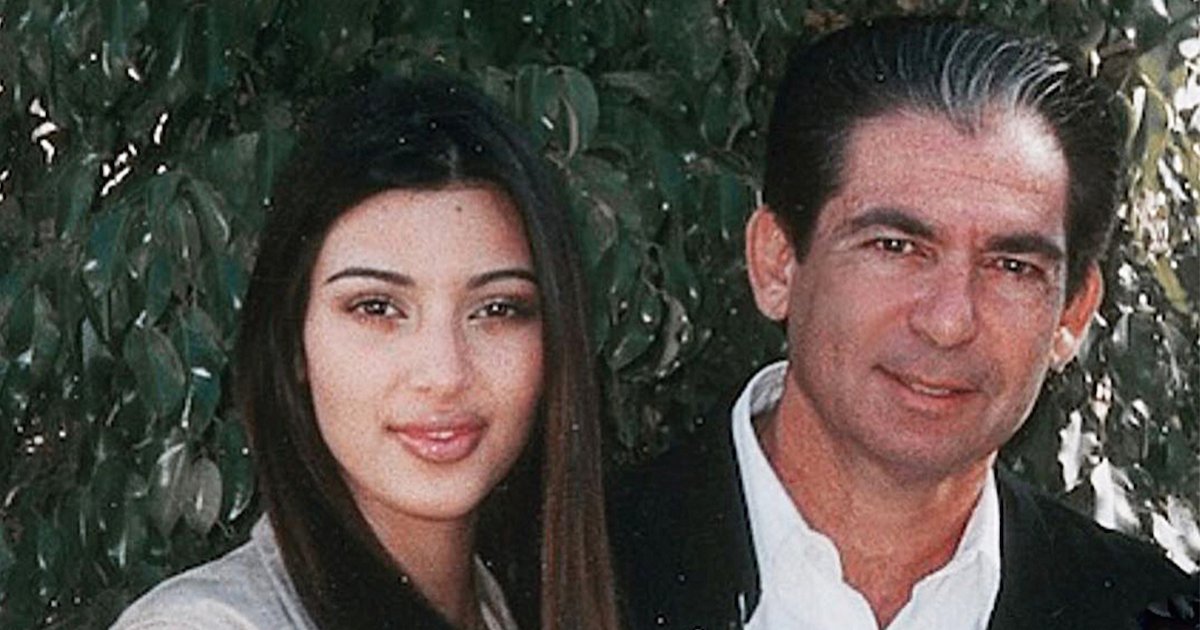“How I wish you were here to celebrate Father's Day together!,” writes Kim Kardashian-West, who celebrated Father’s Day by taking a trip down memory lane and honoring her late father Robert Kardashian, who passed away after a battle with esophageal cancer.
Read MoreEsophageal cancer is one of the 9/11 linked cancers people should be aware of
New Treatment Options For Advanced Esophageal Cancer
The Food and Drug Administration (FDA) has approved the immunotherapy medication OPDIVO (nivolumab) for the treatment of advanced/metastatic esophageal squamous cell carcinoma (ESCC) for patients who have previously undergone treatment, but their disease has progressed. This medication is a part of a class of drugs known as checkpoint inhibitors, which switch off a part of the immune system that is blocking the body from fighting the cancer. This allows immune cells to recognize and eliminate cancer cells more effectively. Additionally, this approval is particularly significant since advanced ESCC patients since they will be able to access the drug regardless of the PD-L1 protein. This approval stems from a clinical trial, which showed patients who took OPDIVO lived longer than those treated by standard chemotherapy alone (10.9 months vs. 8.4 months).
“Yes, it's true that people look at median survival, and it may not sound that great, but in our world anything that improves survival in patients whose disease already progress after chemotherapy, I think that's pretty remarkable,” says Dr. Sarbajit Mukherjee, a medical oncologist at Roswell Park Comprehensive Cancer Center specializing in esophageal cancer and board member of the Esophageal Cancer Action Network.
Dr. Scott Strome explains how checkpoint inhibitors work in cancer
Immunotherapy For Esophageal Cancer
Since the discovery of immunotherapy drugs for cancer drugs that use the body's own immune system to attack the disease doctors have been trying out immunotherapies for a lot of different kinds of cancer. Researchers at Weill Cornell Medicine reported in December that a study on an immunotherapy drug provides some hope for people with a type of esophageal cancer that is aggressive and very difficult to treat.
Related: Immunotherapy For Esophageal Cancer Has It Worked?
Doctors administered the immunotherapy drug through an IV every three weeks for up to two years. Out of the group enrolled, 9.9 percent responded to the immunotherapy drug. Twelve patients had a partial response. Some of the patients who responded to the drug did not have any tumor growth for over a year after treatment, which, according to the study author, is an unheard of success for those patients.
Dr. Cecilia Larocca explains how immunotherapy helps the body
The first line of drug treatment for esophageal cancer is conventional chemotherapy. Usually, this is largely to relieve pain, and doesn't have long term benefits. Only 15 percent of these patients have a second line of treatment, and fewer receive further treatment after that. The overall survival for metastatic esophageal cancer ranges from about 10 to 12 months.
Learn more about SurvivorNet's rigorous medical review process.


